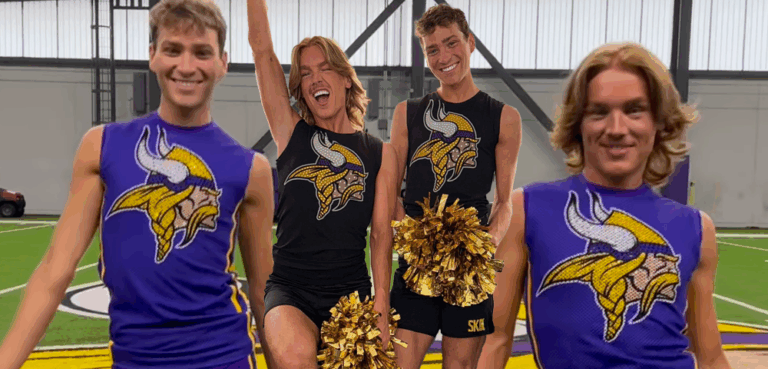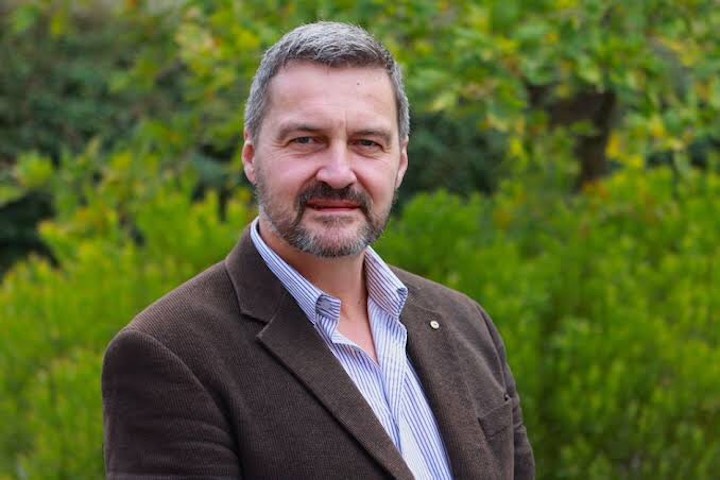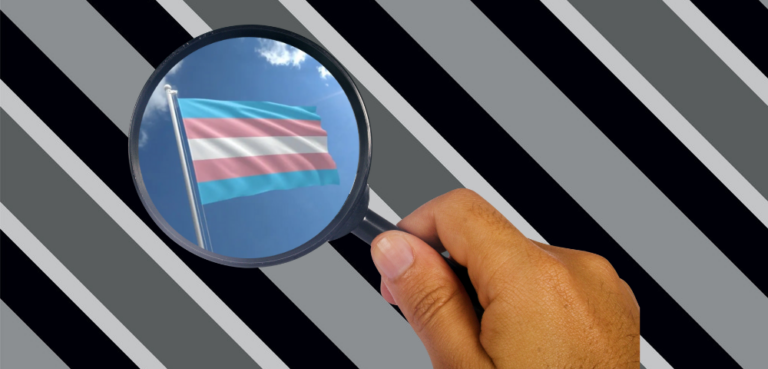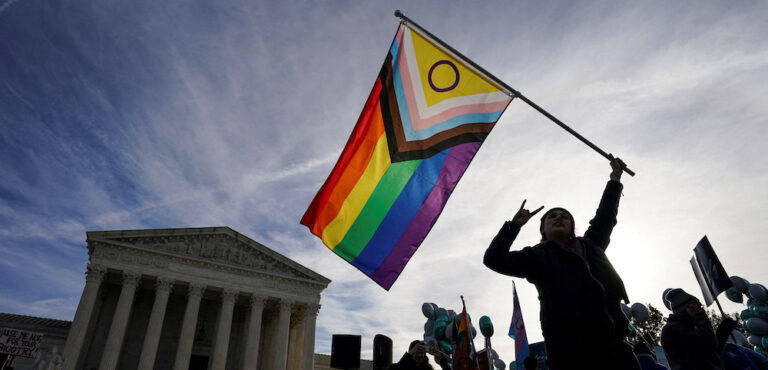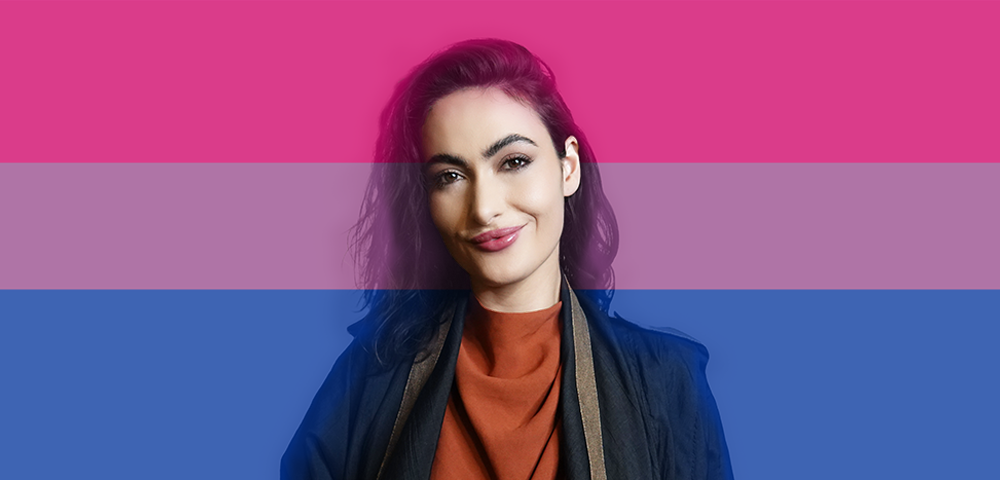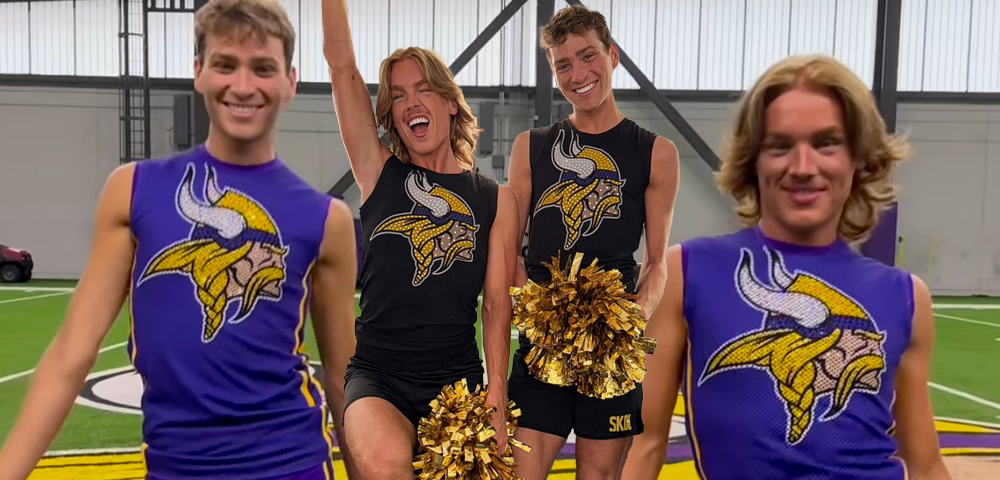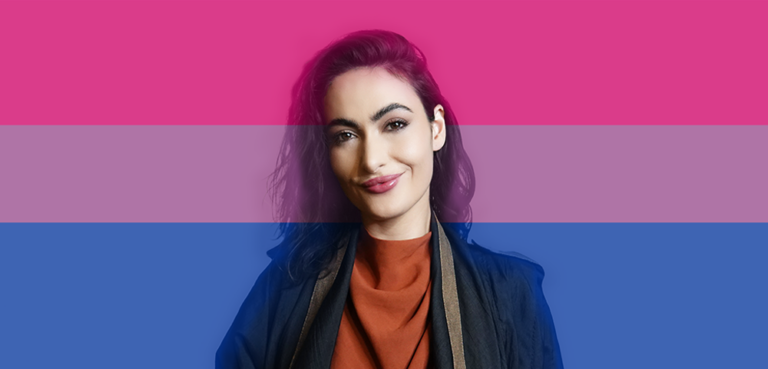
Advocating change in Botswana
Francistown-raised Caine, 27, joined Botswana’s leading activist group, Lesbians, Gays and Bisexuals of Botswana or LeGaBiBo, in 2005 as a voice for those powerless to speak for themselves.
“I want to be a voice for those who can’t speak out and reach out to those who are in total isolation and have no one to talk to, like I once did. I don’t want any LGBTI to be arrested,” Caine said.
The aims of LeGaBiBo are to create a democratic society that recognises, respects, protects and fulfils the rights of the LGBTI community in Botswana. The group was established in 1998 and currently has around 200 registered members and many more unofficial members who prefer to help out where possible.
Caine believes the way to create change in Botswana is through gradually raising awareness.
“We shouldn’t force LGBTI issues on people, otherwise we might cause an intolerant blow-out against LGBTI. I believe in gradual awareness, lobbying and advocating, which will get us somewhere with time,” he said.
The tactic is important because Caine believes Botswana’s culture is generally silent on homosexuality. “We are mostly a ‘don’t bother me’ society,” he said.
“The society might change their views when the laws are changed. Batswana are mostly law-abiding and they are not as violent as other nations where LGBTI people are abused or killed.
“Society is changing. We get discussions in the media about LGBTI issues even though many of them are not positive. Just the discussions are a sign of opening up to talk about issues instead of total silence.”
Section 164 of the country’s penal code currently states, “Any person who permits any other person to have carnal knowledge of him or her against the order of nature, is guilty of an offense and is liable to imprisonment for a term not exceeding seven years.”
Caine and a transgender woman filed a case against the Government in June this year on the grounds that Section 164 is discriminatory.
They urged the law be ruled unconstitutional.
Upon notification of their intention to file a lawsuit, Government lawyer Tshepo Motswagole replied, “Please be advised that we do not agree with your clients’ contentions and accordingly advise that the case you propose to institute will be vigorously opposed.”
Caine is hoping the society has progressed since the 2003 Court of Appeal ruling which found that Section 164 is discriminatory but justifiable because Botswana could not condone such practices.
This is not the first time LeGaBiBo has encountered resistance from the Government. In 2007 the Department of Civil and National Registration refused to register the organisation, ruling the group’s aims were contrary to the country’s penal code and would encourage criminal activities. Without registration, LeGaBiBo cannot raise funds.
LeGaBiBo’s lawyer Monica Tabengwa said, “The government is opposing this on principle because they have to defend the laws as they exist.
“Although LeGaBiBo means only to provide for a safe space for people of non-heterosexual orientation, they felt it would be against the spirit of the law to allow such an organisation.”
